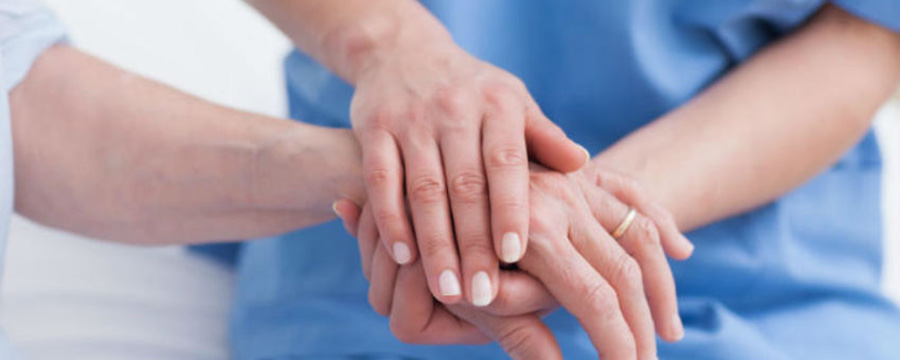#HC-04-13 Developing Clinical Empathy: Making a Difference in Patient Care
About Course
St George's, University of LondonDescription
Understand empathy, and improve your own empathic ability
Showing an understanding of a patient’s situation is one of the most important relationship-building skills that a healthcare provider can have. This is widely recognised in healthcare: the NHS in the UK recruits for compassion as one of its core values, and medical schools look for this in applicants at admissions interviews.
This course will help you develop an empathic practice that is individualised and attuned to the needs of all patients. You will learn about different types of empathy, explore non-verbal cues, and understand key opportunities for showing empathy in clinical care.
What topics will you cover?
- What is empathy?
- The importance of empathy in healthcare
- Empathetic opportunities and responses
- The challenges of showing empathy
- Building resilience
Who will you learn with?
I am a Health Psychologist and a Senior Lecturer in Clinical Communication. I wake up each morning ready to make a difference to the lives of patients and health care professionals.
Elaine Mealey is a Lecturer in Clinical Communication at St George’s, University of London.
Amy Spatz is a lecturer in Clinical Communication. She has a PgCert in Medical Education; an MSc in Organisational and Social Psychology and is currently working on a Phd on mindfulness and empathy.
Who developed the course?
St George’s is the UK’s only university dedicated to medical and health sciences education, training and research.
What Will I Learn?
- Describe the difference between empathy and sympathy
- Explore the use of emotional and cognitive empathy
- Explore the importance of empathy in healthcare
- Identify empathic opportunities
- Reflect on verbal and non-verbal empathic responses
- Discuss the challenges of being empathic as a healthcare professional
- Identify the importance of self-awareness and building resilience for empathic practice
Topics for this course
Introduction to the course
Welcome to the course00:02:31
Meet your educators
What is empathy?
The importance of empathy in healthcare
Summary
It says the NATIONAL Health Service (NHS) has compassion as one of its core values, and medical schools look for it in applicants at admissions interviews. This shows that empathy is increasingly valued by all sectors of society. This course is worth learning.
The course helps us to develop a personalized practice of empathy that ADAPTS to the needs of all patients. It's a great mood training course.
In today's society, a lot of people lack empathy, which is really bad, And I think we all need to take this course to improve our empathy.
In today's society, a lot of people lack empathy, which is really bad, And I think we all need to take this course to improve our empathy.






